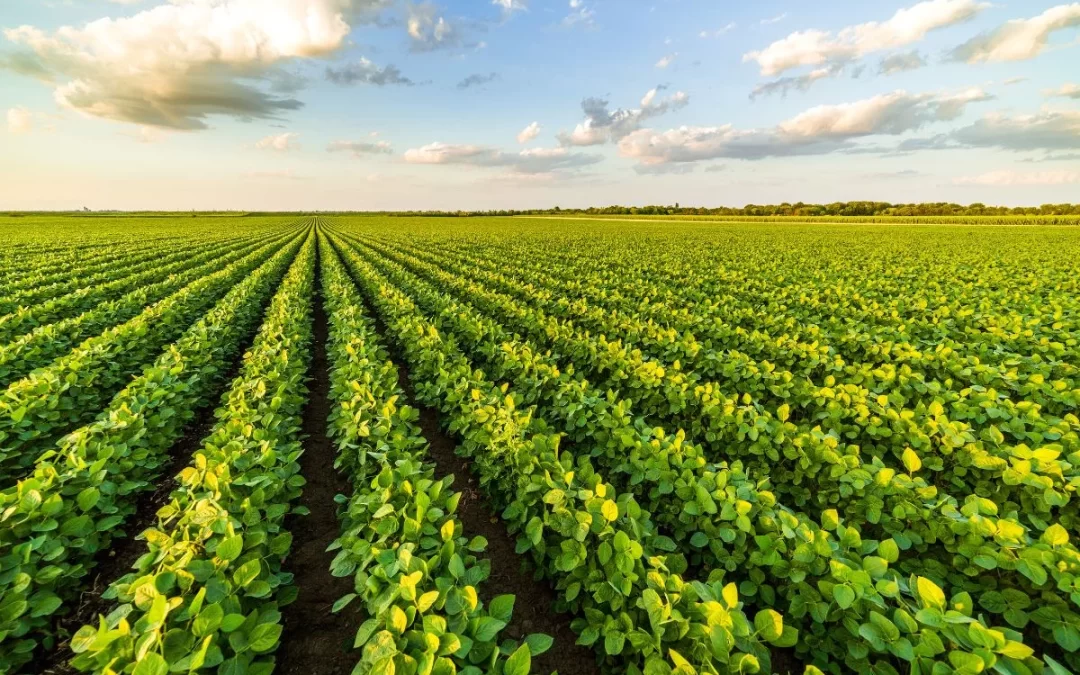On Wednesday, the 27th, the Chamber of Deputies approved bill 658/21, which regulates the production, use, and sale of bioinputs. The matter now goes to the Senate. For the Brazilian Confederation of Agriculture and Livestock (CNA), the measure will eliminate legal uncertainty on the subject, especially with regard to on-farm production.
“The text is clear regarding the method of obtaining inoculum for multiplication. Whether ready for use, all multiplication on the property or the acquisition of registered inoculum for this purpose and subsequent multiplication. The text approved in the Chamber and worked on by the FPA addresses all critical points. It will be a turning point in this segment,” comments the deputy technical director of the CNA, Maciel Silva, in a note. He emphasizes that the bill also allows collective production in associations and cooperatives and transportation between properties with the same ownership.
The on-farm issue was one of the main impasses that dealt with the advancement of the regulation of the legal framework. The text, reported by Congressman Sergio Souza (MDB-PR), provides for the exemption of registration for on-farm production, as long as it is for personal use and not commercialized, and the inspection will be carried out by the Secretariat of Agricultural Defense of the Ministry of Agriculture. A fee will also be established to finance the work of registering bioinputs.
The executive director of the Brazilian Association of Bioinputs (ABBINS), Reginaldo Minaré, also celebrated the approval of the text that reaffirms the rights of farmers, guaranteeing a fairer and faster system for industrial producers and correcting the mistakes contained in the New Agrochemicals Law.
“This represents fundamental legal certainty for the continued flourishing of the transition from chemical agriculture to biologically based agriculture. We hope that the Senate, which is already familiar with the matter, will endorse the text approved by the Chamber and that President Lula will sanction the new bioinputs law without vetoes by the end of December 2024”, he estimates in a note.
The expectation now is that the text will be approved by the Federal Senate more quickly and only in the Plenary. There is also an understanding that the rapporteur will be Senator Jaques Wagner (PT-BA), author of Bill 3.668/2021, which served as the basis for the approved matter.
Registrations remain with Mapa
Another point under discussion on the agenda was the mandatory registrations. There was a stalemate over which agencies would carry out this verification. The approved text states that Mapa will be responsible for these registrations, and only in cases where a new bacteria is implemented in the country will the National Health Surveillance Agency (Anvisa) and the Brazilian Institute of the Environment and Renewable Natural Resources (Ibama) be part of the process.
In addition, the text provides an incentive for the emergence of bioinputs. Previously, once registered, the product had only two years for the owner of the registration to be able to market the product. According to the text, this period was extended to five years.
The Brazilian Soybean Producers Association (Aprosoja Brasil) celebrated the approval of the text and also the adjustments made. “The result was good,” said Leonardo Minaré, the entity’s technical advisor.
Bioinput market could reach US$45 billion in 2032
During the plenary session, congressman Sergio Souza highlighted a study by FGVAgro that shows that the global market value of bioinputs in 2023 was between US$13 and 15 billion. The estimate is that the annual global growth rate will be between 13% and 14% until 2032, reaching around US$45 billion, three times the current value.
“In Brazil, growth has been even faster. Sales of bioinputs in Brazil reached R$5 billion in the 2023/24 harvest, reflecting a growing demand for more sustainable agricultural solutions. Furthermore, the sector currently generates more than 55,000 jobs throughout the country,” stated the rapporteur.
Mário Agra/Chamber of Deputies
The president of the Agricultural Parliamentary Front, congressman Pedro Lupion (PP-PR), reinforced the importance of the approval of the PL. “Brazilian rural producers were waiting for this. The entire world is in this era,” he said.
Congressman Bohn Gass (PT-RS) emphasized that the measure reinforces low-impact environmental practices and carbon reduction. “For us, having this paradigm of low-carbon agriculture, food and nutritional security, production and a green passport for the world, and the value of quality in sustainable production, gives us the conditions to open up markets,” he highlighted.
Deputy Sergio Souza expects the bill to be sanctioned in 2024. According to him, the collaboration of other parliamentarians, such as Senator Tereza Cristina (PP-MS) was essential “so that we have a text that goes to the Senate, not with the guarantee of full maintenance, but with the possibility of maintaining it and going to sanction. Especially because we have a deadline until December 27th for sanction”, he stated.

